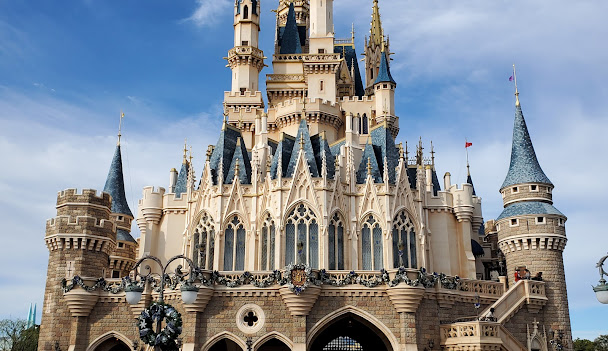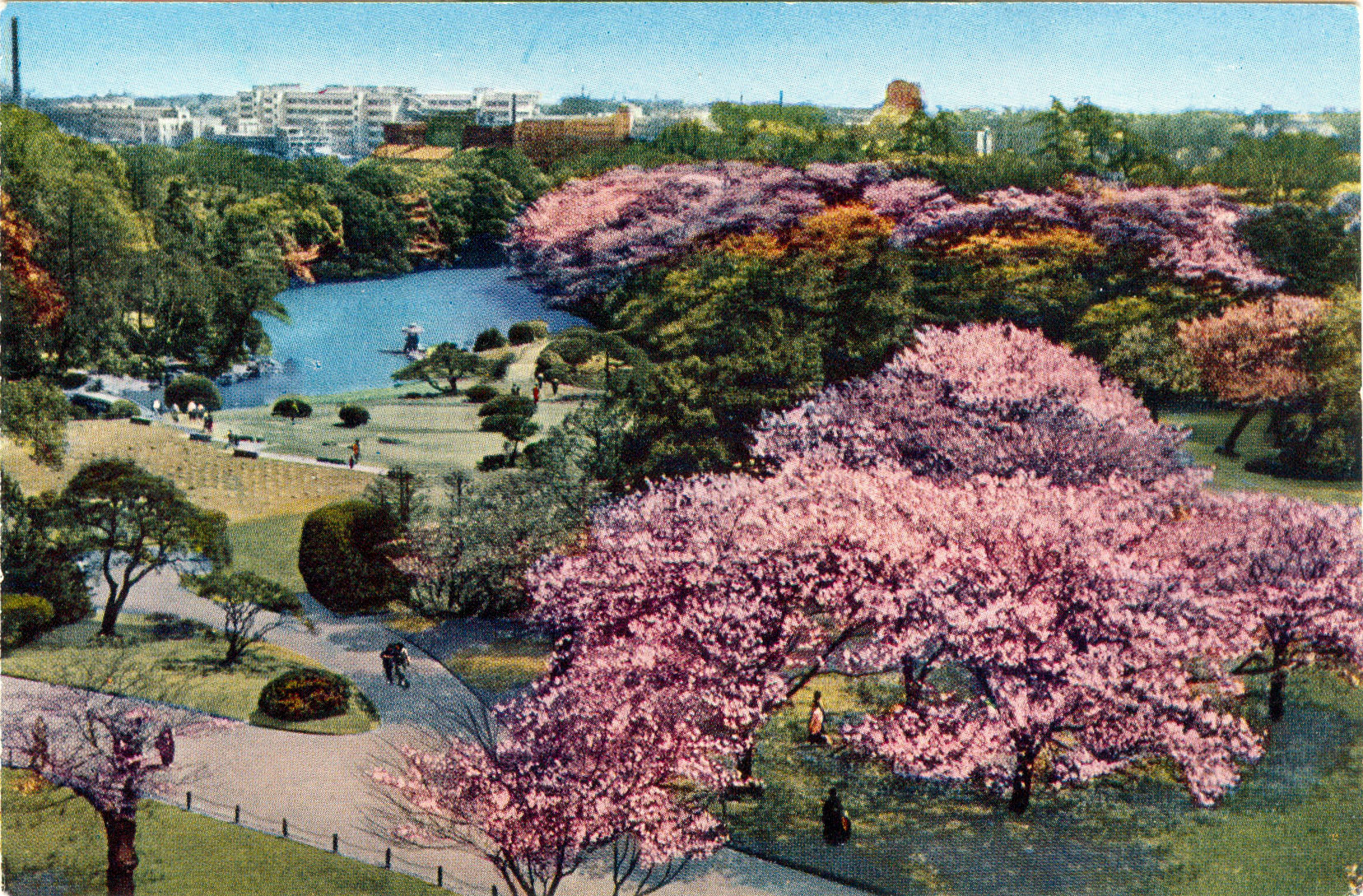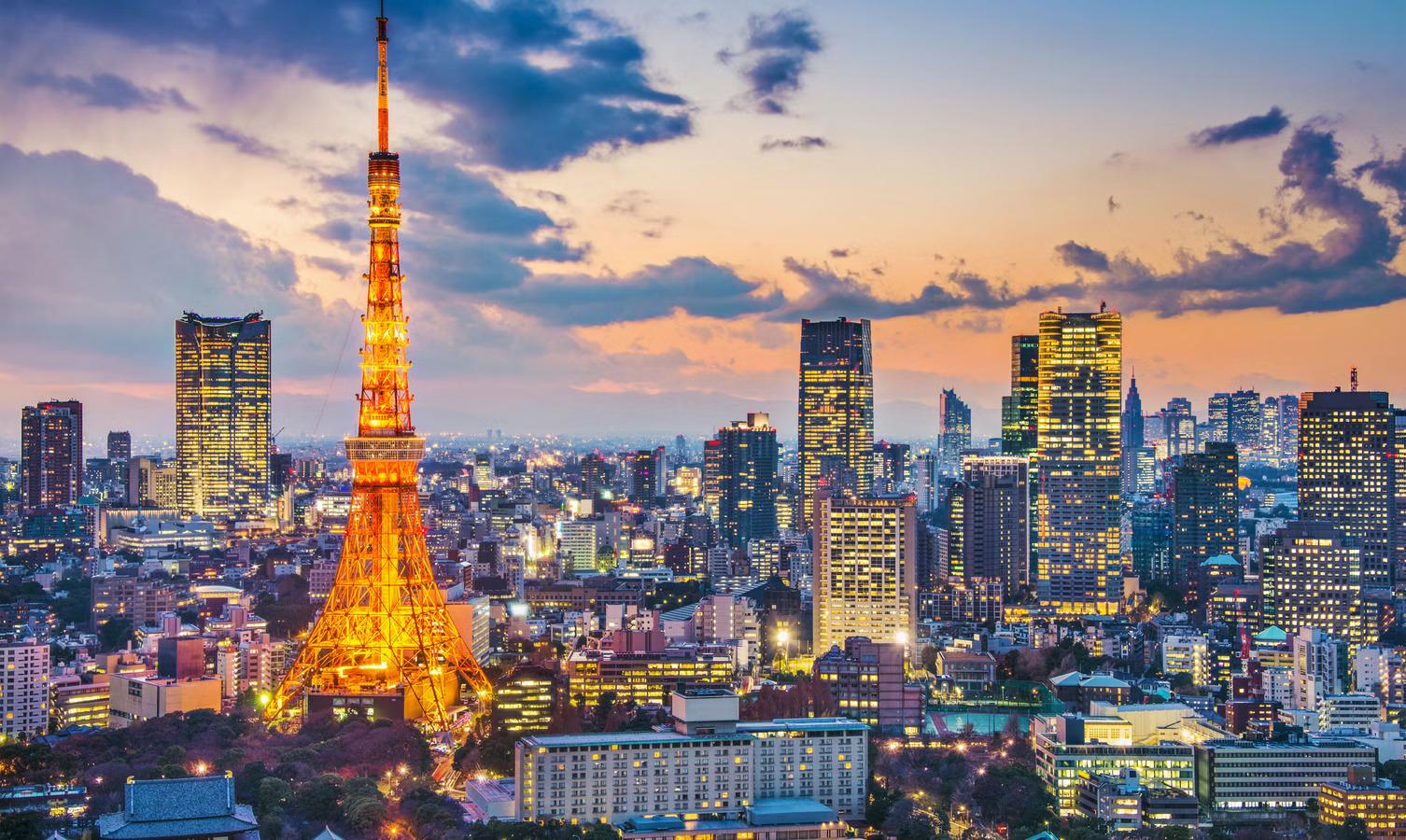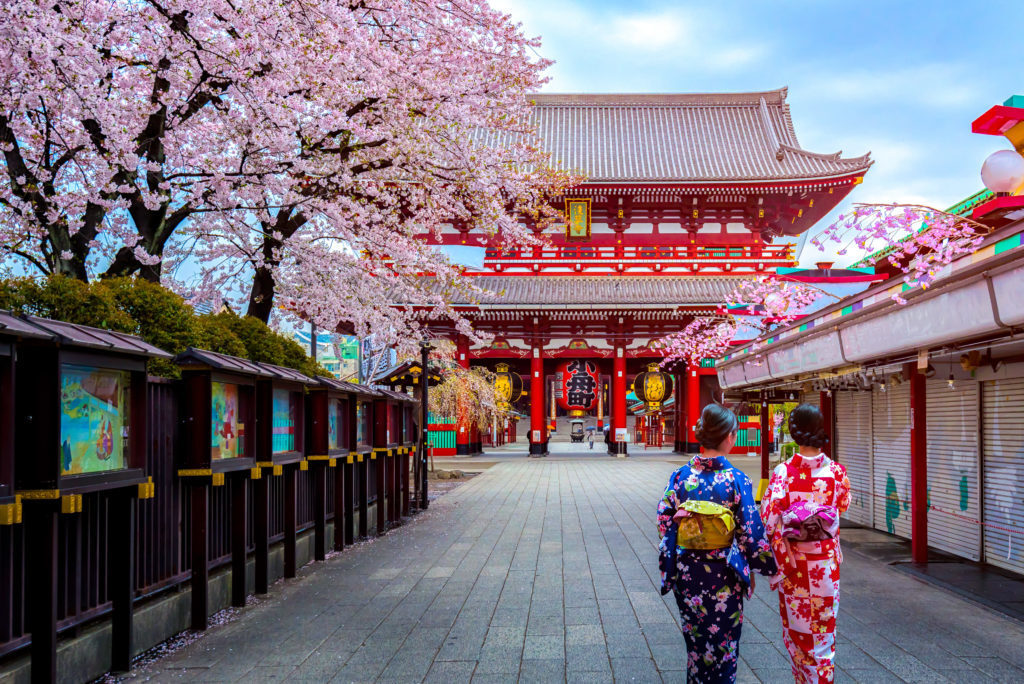Venue
Reach us
Direction for the
Event hall
October 28-30, 2025
Tokyo, Japan
Tokyo, officially the Tokyo Metropolis, serves as the capital and most
populous city of Japan. With a population exceeding 14 million within the city
proper as of 2023, it ranks among the most populous urban centers worldwide.
The Greater Tokyo Area, encompassing neighboring prefectures, is the world's
largest metropolitan area, home to 41 million residents in 2024. Situated on
the central coast of Honshu, Japan's largest island, Tokyo is the nation's
economic, governmental, and imperial heart.
Historically known as Edo, Tokyo rose to political prominence in 1603 as the seat of the Tokugawa shogunate. By the mid-18th century, it was among the world's largest cities. Following the Meiji Restoration in 1868, the imperial capital was relocated from Kyoto to Edo, which was subsequently renamed Tokyo, meaning "Eastern Capital." Despite suffering significant damage from the Great Kantō earthquake in 1923 and Allied bombing during World War II, Tokyo underwent rapid post-war reconstruction and economic expansion.
Tokyo holds the distinction of being the first Asian city to host the Summer Olympics and Paralympics. Its infrastructure is notable for its extensive and efficient public transportation, including Shinjuku Station, recognized as the world's busiest. The city is also home to the Tokyo Skytree, the world's tallest tower, and boasts a rich academic environment with prominent institutions like the University of Tokyo.
Historically known as Edo, Tokyo rose to political prominence in 1603 as the seat of the Tokugawa shogunate. By the mid-18th century, it was among the world's largest cities. Following the Meiji Restoration in 1868, the imperial capital was relocated from Kyoto to Edo, which was subsequently renamed Tokyo, meaning "Eastern Capital." Despite suffering significant damage from the Great Kantō earthquake in 1923 and Allied bombing during World War II, Tokyo underwent rapid post-war reconstruction and economic expansion.
Tokyo holds the distinction of being the first Asian city to host the Summer Olympics and Paralympics. Its infrastructure is notable for its extensive and efficient public transportation, including Shinjuku Station, recognized as the world's busiest. The city is also home to the Tokyo Skytree, the world's tallest tower, and boasts a rich academic environment with prominent institutions like the University of Tokyo.



